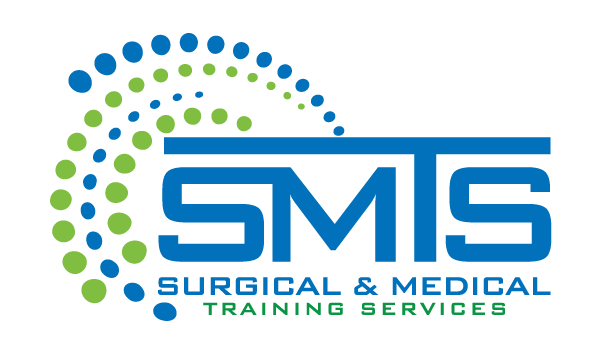Knee problems can cause severe pain and make it harder for patients to stay mobile, active, and healthy. One tool for addressing knee injuries and other knee problems is a surgery known as knee arthroscopy. Keep reading to learn more.
What happens during the surgery?
During this procedure, various types of anesthesia are used to keep the patient comfortable and prevent pain. Then small cuts are made near the knee and a saline solution is usually injected into the area. A camera that is attached to a very small tube will be inserted into the knee through the small incisions that have been made. This allows the surgeon to see inside the knee and operate using small tools without causing as much trauma to the knee. Patients can usually return home the day of the surgery. For simpler conditions, recovery can be quite quick and many patients can return to normal activities shortly after the surgery. If a more serious issue has been corrected, recovery time may be increased.
What conditions can be treated with this procedure?
 Knee arthroscopy is used to treat a variety of problems. Some conditions that can be addressed through this procedure include:
Knee arthroscopy is used to treat a variety of problems. Some conditions that can be addressed through this procedure include:
• A patella (kneecap) that is misaligned
• Torn, damaged or inflamed ligaments in the knee and leg
• Torn meniscus—the cartilage that cushions the bones in the knee
• Broken or damaged cartilage in the knee joint
• Damage to bones in the knee
Damage to the knees can occur because of sports related injuries, falls, or wear and tear over time. This damage can immobilize people, make them more vulnerable to future falls, keep them from participating in sports, and hinder everyday life.
Knee arthroscopy is a minimally invasive way to correct many problems in the knee and help patients regain mobility and relieve pain associated with injuries. If you or your team members need practice or training in this procedure or other medical techniques, SMTS – Surgical & Medical Training Services provides classes, facilities, cadavers, and equipment that can help you serve your patients better.
To learn more about available facilities, contact SMTS – Surgical & Medical Training Services today.
